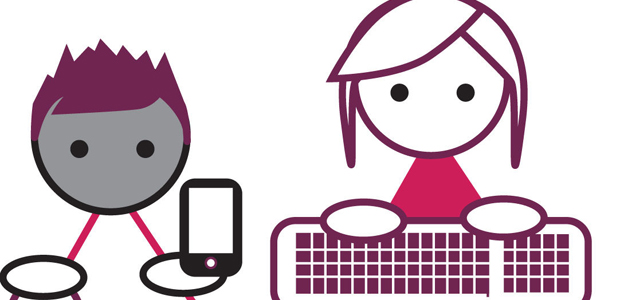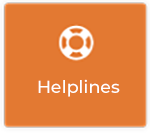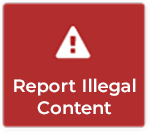Internet Reporting Tools do not Work – EU Kids Online
 Children rarely seek help by using existing internet reporting tools, a new Europe-wide study has found.
Children rarely seek help by using existing internet reporting tools, a new Europe-wide study has found.
Let in Ireland by Dublin Institute of Technology researchers, the EU Kids Online project’s “Towards a Better Internet for Children”, found that just 13 per cent of kids across Europe reported something that upset them online, with just one in five Irish kids using such tools.
The report reveals that one in four children in Ireland have seen dangerous Internet content such as websites that promote anorexia and suicide techniques.
EU Kids Online: Exposure to dangerous internet content
And despite efforts to protect children from harmful content, a third of children who reported the content say that reporting tools provided by internet companies and providers were pointless.
The figures are taken from a European-wide study which surveyed 25,000 children and parents in 25 countries. Funded by the EC’s Safer Internet Programme, its findings are based on an in-home, face to face interview with a random stratified sample of 1000 Irish children and a parent or guardian.
Dr Brian O’Neill, Dublin Institute of Technology, who is responsible for the survey in Ireland, said that industry needs to do much better in order to protect children.
“Neelie Kroes, the European Vice President for the Digital Agenda, has called together a CEO Coalition of the top internet companies to do something about this and to come up with better solutions. We believe these findings underline the importance of that task. The current approach just does not work”.
Irish parents are also Europe’s top spies when it comes to monitoring what websites their children are visiting, the study reveals. It found that over half of Irish parents admit to monitoring their children’s internet use.
Some 51 per cent of parents here told researchers that they either use monitoring software or check internet history pages to keep a record of what websites their children had visited.
The European average was 27 per cent in this category, with 49 per cent of UK parents, the second highest figure recorded, also admitting to snooping.
[gview file=”https://www.webwise.ie/wp-content/uploads/2014/05/EUKidsOnlineTowardsBetterInternet.pdf”]
The report also reveals a major shift in the worrying habits of Irish parents. Now, more Irish parents worry about what their kids are doing online than they do about young people drinking, taking drugs or getting into trouble with Gardaí.
Some 34 per cent of parents told researchers they mostly worry that their kids will be contacted by strangers online, while 35 per cent said they worried that their children might see inappropriate internet sites.
This compares to 16 per cent who say they are most concerned about their children drinking too much or taking drugs, and 12 per cent who worry about their children coming to the attention of Gardaí.
Simon Grehan, Internet Safety Officer at the National Centre for Technology in Education, said Irish parents should focus on building trust with their children around internet use.
“It’s about building trust with your children. If you encourage them to talk to you about their internet use and discover the internet together, it’s more likely they will share their experiences with you,” he said.
“Irish parents shouldn’t be too critical of their child’s exploration of the internet. It’s not always their fault if they come across inappropriate content online. But once you agree rules with your children and encourage them to be careful when disclosing personal information online, you will ensure that your kids stay safe online.”






